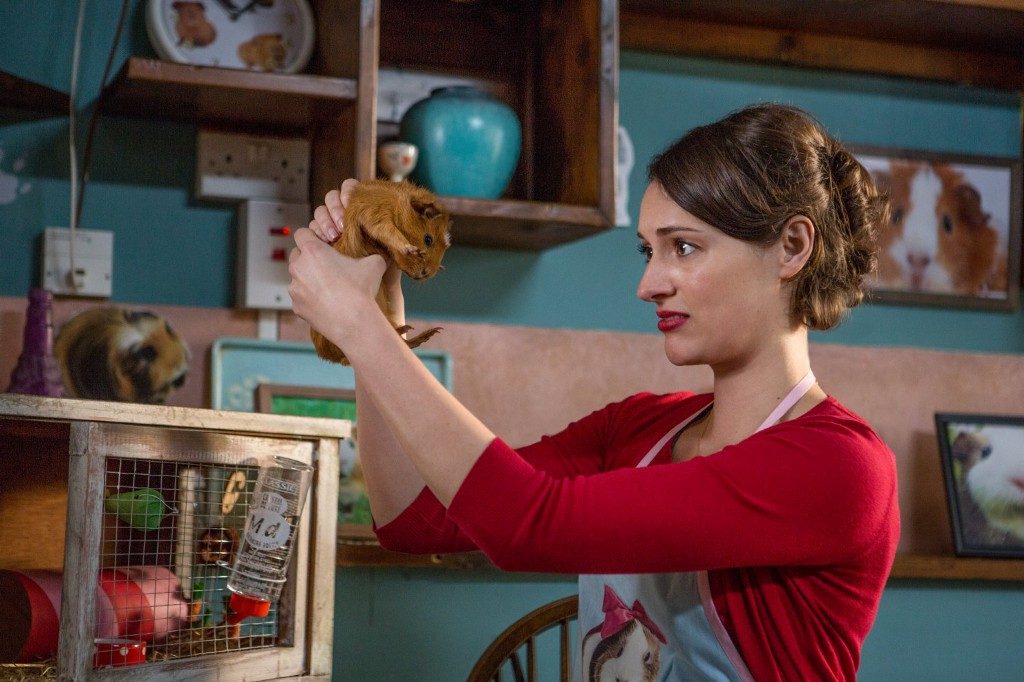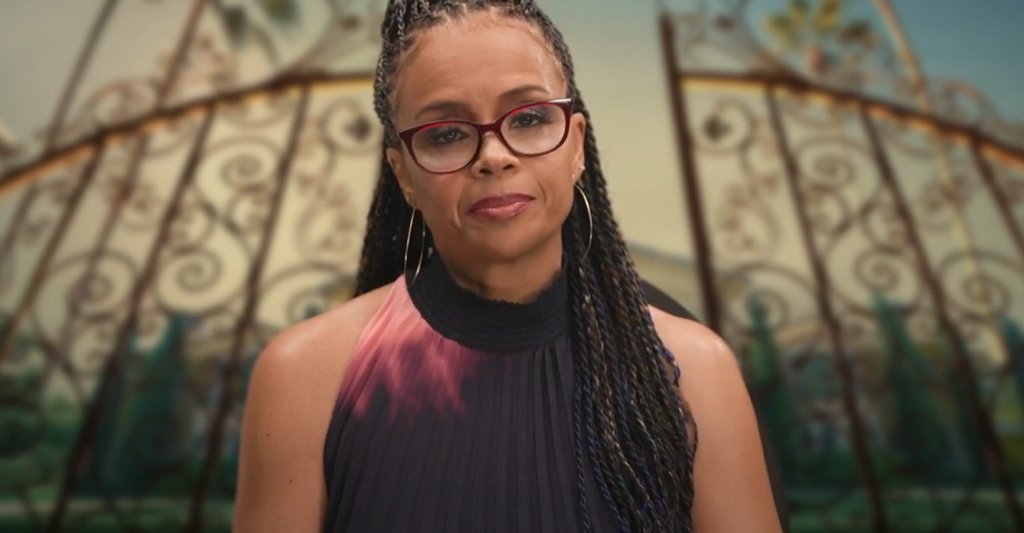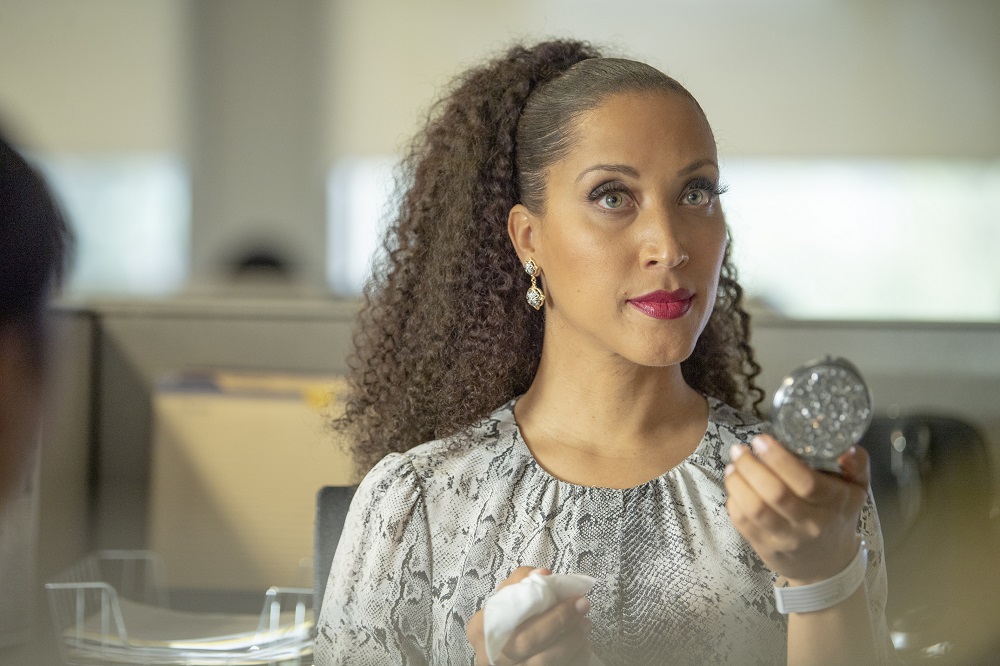
Ari, the narrator of Elisa Albert’s novel “After Birth,” describes how she felt around other feminists when she was a student: “I was a person. I mattered. I was in fact not stupid or fat or ugly or lame; I was smart and valid and right and well. I had a fucking voice. The women…felt entitled to feelings and opinions and rage and poetry and laughter and tears and bodies. There was dissent.”
Unlike their male counterparts, the “anti-heroine” hasn’t really become a thing, just yet. The way we talk about “complex female characters” just feels like a subtle, arguably more feminist way of dismissing them as “girls behaving badly.”
Buzzfeed’s Bim Adewunmi wrote about this in passing in her insightful piece about what she refers to as “rom-com bitches.”
“Screenwriters get to ascribe the catchall ‘complexity’ to a heroine’s less-than-great character flaws,” Adewunmi argues. “‘This is what an actual real woman acts like’ is a solid defense, even when critics draw a big-picture image of how these representations, cumulatively, might ultimately be harmful to how we see women off the screen.” Writing female characters as lovable jerks, without further nuance, is risky. But we’re still missing something, here.
We’re ignoring the possibility that these characters’ bad manners and selfishness aren’t just personality traits; we might just be perceiving them as such. Maybe we’ve rushed to judgment without pausing to wonder why they act in socially unacceptable — or frowned-upon — ways. Maybe, as Elisa Albert writes, these women are rude, self-absorbed, and mean because that’s how they manage to be heard and they refuse to apologize for that. To see this in action, look no further than Julie of “Difficult People,” Gretchen of “You’re the Worst,” and the titular heroine of “Fleabag.”
“I’m a Very Unhappy Person”
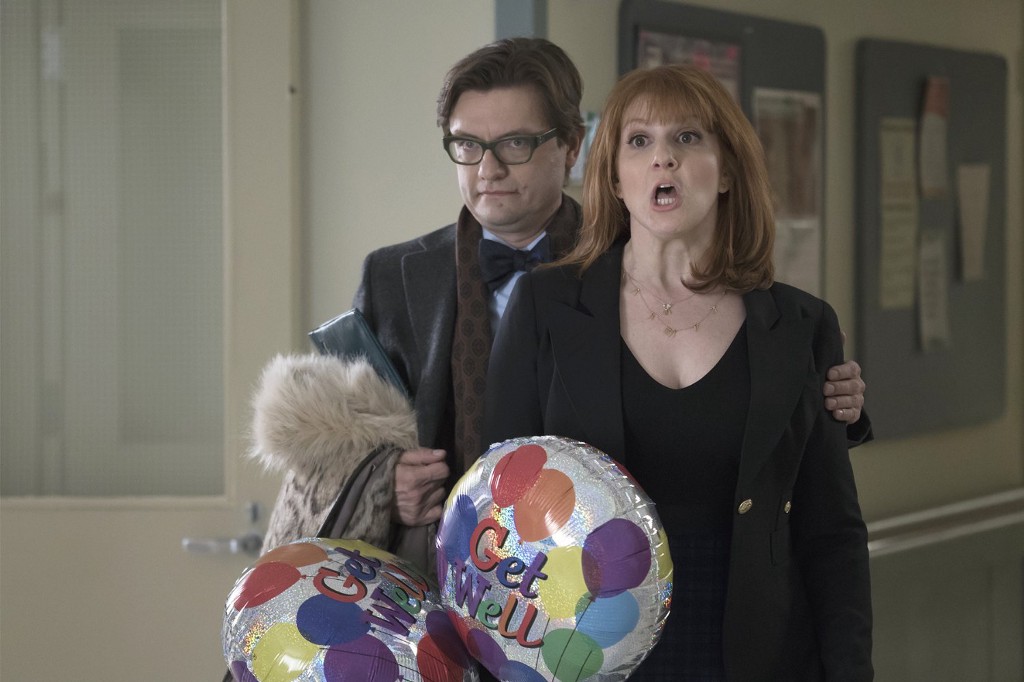
Julie Kessler (Julie Klausner) is angry, bitter, resentful, and cruel. She’s also pushing 40 while trying to succeed in an industry that’s not overly welcoming of women, especially women who aren’t in their twenties with a super low BMI. Julie’s comedy career is stalled and she earns minor ducats recapping episodes of “Real Housewives” and “The Bachelor.”
She is alternately ignored or body-shamed by her own mother and has been her entire life. Every step she takes forward in her career is thwarted and Julie is forced back to square one — usually, this is brought on by a bad decision biting her in the ass. For example, Julie lies about having cancer (long story), karma steps in, and she ends up losing an opportunity to develop a series with Method Man. The only two people who care about her — and, mostly, can stand her — are her boyfriend and her best friend/platonic soulmate, Billy.
If you took one of the Coen brothers’ hapless, luckless, self-sabotaging protagonists, crossbred him with Liz Lemon, and had Klausner write the dialogue, Julie Kessler would be the end result. Julie Kessler is “difficult” because her life did not go according to plan and she’s, understandably, mad as hell.
“I Can’t Tell Him My Brain Is Broken”
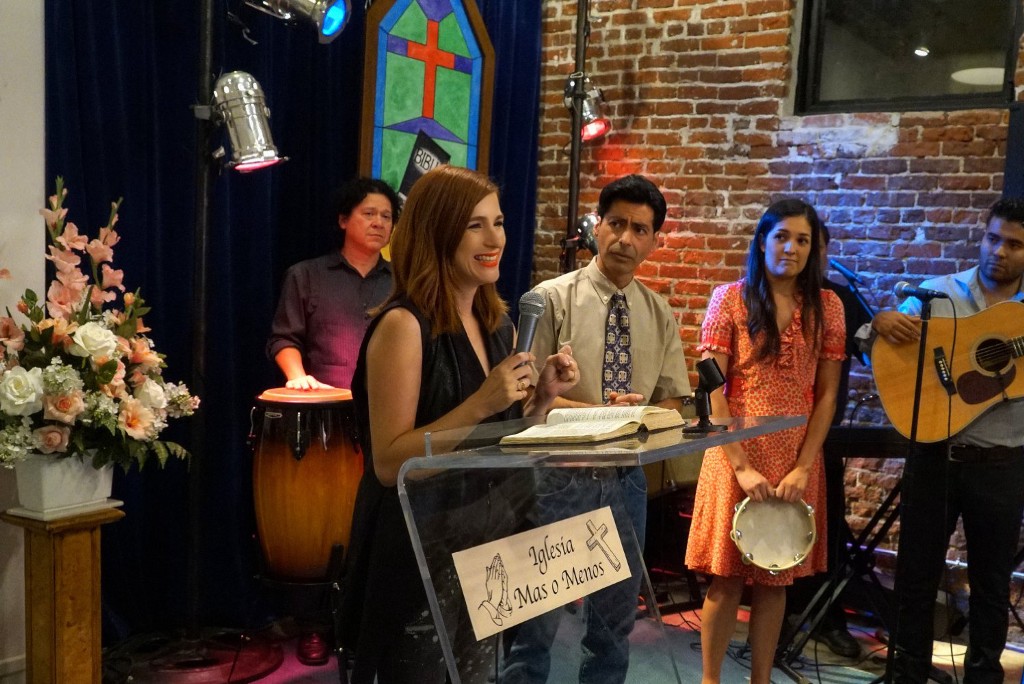
Gretchen Cutler (Aya Cash) is selfish, obnoxious, ignorant, and immature.But that probably comes with the clinical depression. People with chemical imbalances are often too wrapped up in their own pain to have time or energy for others’ feelings. And here’s the kicker: even when depressives are feeling better they can experience the depression’s residual effects. Likewise, Gretchen dreads supporting her boyfriend while he mourns his recently deceased father and tries to force him to do all his grieving in one day. It’s maddening and inarguably selfish, but Gretchen literally might not have the mental or emotional capacity to take on someone else’s burden.
When the depression lifts and Gretchen feels “human,” she drinks, goes out, and generally revels in stereotypical party girl antics. However, she probably is squeezing as much fun as possible into the downtime between depressive spells. This in spite of her friends and peers being “normals” and moving on (marriage, kids, serious jobs, sobriety) without her. Gretchen is consciously refusing to bend to societal pressure and settle down into domestic life. People tend to underestimate just how tough it is to flout convention and proudly march to the beat of your own drummer.Gretchen is “the worst” because she was born with a serotonin shortage and delights in playing the rebel.
“Everyone Feels Like This a Little Bit, and They’re Just Not Talking About It”
Fleabag (Phoebe Waller-Bridge) is caustic, lonely, destructive, and incapable of reading a room. You might be, too, if you were grieving both your best friend and your mother. That’s right, the protagonist of this British import is coping with her best friend’s (possibly) accidental suicide and her mother’s death from breast cancer. The pain of loss is almost universally understandable, but the real tragedy of “Fleabag” is the titular character’s isolation and difficulty forging real connections. Her closest friend is probably her sister whom she compulsively teases and provokes. Her widowed father is unable or unwilling to be a parent to his daughters.
And, as if her problems with her loved ones weren’t traumatic enough, Fleabag’s sex life is also a shit show. She might project an air of randy confidence, but she really uses sex for validation and self-medication. She makes innuendo-laden, off-putting jokes to anyone and everyone, hits on the falling-down drunk woman she thoughtfully puts into a cab, and breaks up with her boyfriend on a whim because she knows he’ll always clean the flat before moving out. Basically, when Fleabag’s ready to open up, no one is willing to listen. And when someone gives her permission to be vulnerable, she runs like hell. Fleabag is, well, a “fleabag” because she has no one she can really talk to.
Like Elisa Albert writes so eloquently, Julie, Gretchen, and Fleabag are people. They matter and are entitled to feelings and rage and laughter and tears and bodies. So we should let them use their fucking voices without undue judgment, even if we don’t like what they’re saying.
